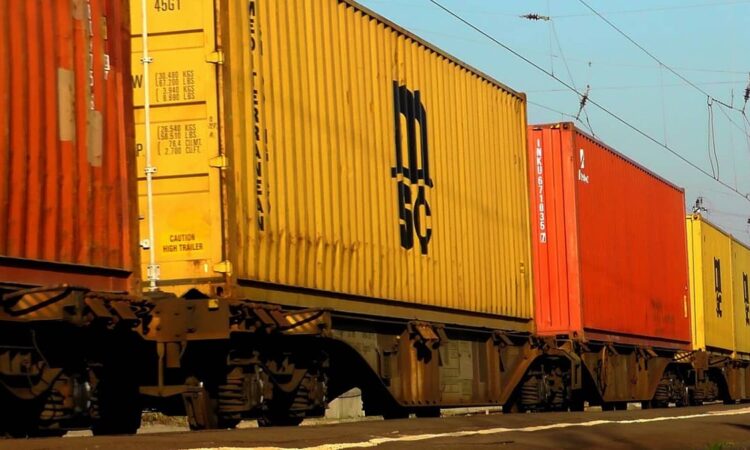India-Middle East-Europe corridor will allow traders to send goods directly to the region in lesser time: CAIT

G20 declaration for traders: Traders’ body Confederation of All India Traders (CAIT) has said the India-Middle East-Europe Economic Corridor will enable Indian traders to send goods directly to the Middle East, Europe and other countries in lesser time. CAIT Secretary General said traders hope the work on the corridor will begin soon and will prove to be more effective than China’s Belt and Road Initiative Corridor as it will connect rail, road, port, communication and water cable network as one grid.
The corridor comprises an Eastern Corridor connecting India to the Gulf region and a Northern Corridor connecting the Gulf region to Europe. It will include a railway and ship-rail transit network and road transport routes, according to the government.
“It will address obstacles created by Pakistan’s denial of over-land access and China’s reported connectivity designs in the region,” said Jitendra Singh, Minister of State (Independent Charge) Science & Technology in a media briefing post G20 Summit conclusion on Sunday.
Moreover, the G20 Delhi Declaration will prove to be a milestone for inclusive and sustainable growth for small businesses and manufacturing units across the world and will provide a new impetus to the digital economy including trade, CAIT said in a statement.
Also read: G20 Delhi Declaration: Startups, MSMEs to be natural engines of growth
“India’s FMCG, toys, computer technology and equipment, fashion garments, sarees, textiles, handicrafts, consumer durables. Export trade of furnishing items, gem and jewellery, electronic items etc. is expected to increase tremendously,” said CAIT National President B C Bhartia and Khandelwal.
The Delhi Declaration last weekend during the G20 summit was adopted with the consensus among G20 leaders. The declaration recognised startups and MSMEs to be natural engines of growth and key to socio-economic transformation by driving innovation and creating employment.
Last week, a G20 Policy Recommendation paper by the World Bank on advancing financial inclusion and productivity gains through digital public infrastructure (DPI) had explained how DPIs can help address the challenge of access to credit faced by SMEs by providing latter with access to financial services and information through digital channels.
“The G20 declaration commits improvement in access to digital services and digital public infrastructure and leverage digital transformation opportunities to boost sustainable and inclusive growth whereas it highly recognize the role of private enterprise in accelerating growth and driving sustainable economic transformations which is evident from the fact that it has duly mentioned that start-ups and MSMEs are natural engines of growth,” said Bhartia and Khandelwal.
In addition, the Global Partnership for Financial Inclusion (GPFI), a platform for G20 and interested non-G20 countries to advance financial inclusion globally, last week had highlighted improving access to finance for MSMEs as one of the two priority areas for the next three years (2024-2026).





